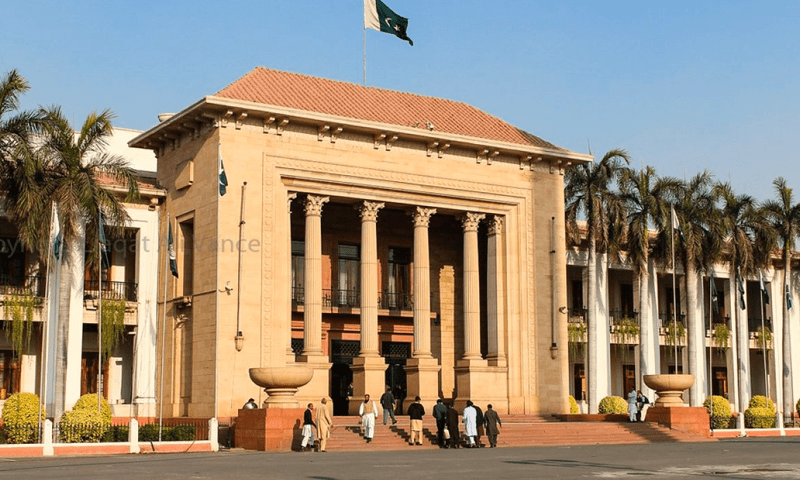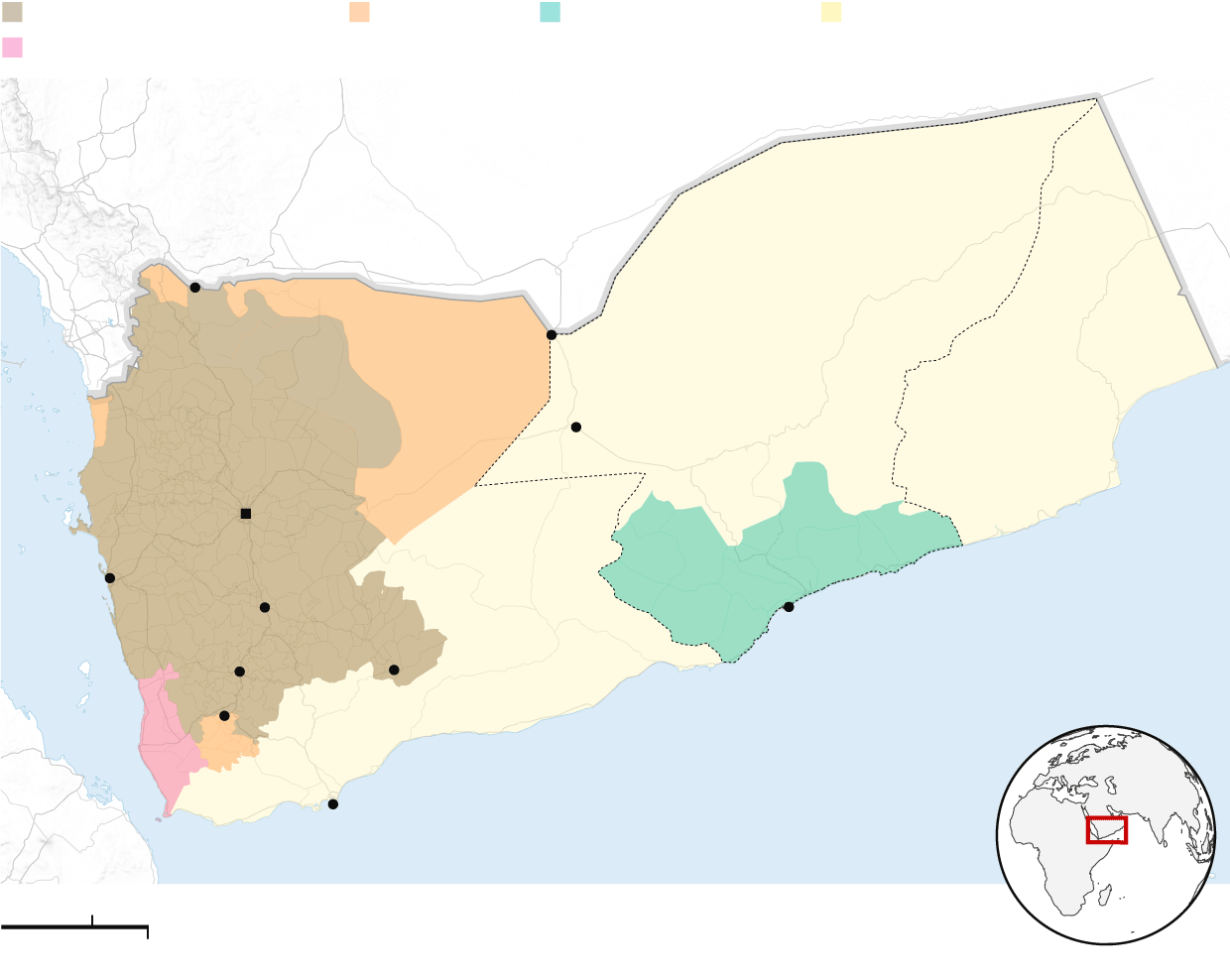The proposal to divert six canals from the River Indus to irrigate Cholistan has stirred significant controversy and raised concerns, particularly in Sindh. Activists in Sindh warn that this project could deprive millions of people of their livelihoods by diverting water away from their lands, exacerbating water scarcity issues. This comes at a time when Sindh is already grappling with severe water shortages, particularly in the Indus Delta, where increasing salinity and erosion threaten local communities.
The project’s goals are also being questioned. Experts highlight that similar canal projects, such as those in Rajasthan, India, have had limited success, with only small areas near the canals benefiting, while vast desert regions remain barren. In fact, the water from the River Ravi and Sutlej, which will be used in this project, is known to be highly polluted, with concerns about the health risks associated with the poor water quality. Studies suggest there are safer, more sustainable ways to supply water to Cholistan, prioritizing clean drinking water over irrigation.
Pl subscribe to the YouTube channel of republicpolicy.com
The core issue, however, lies in the stark contrast between the water needs of Punjab and Sindh. While Punjab has implemented strict laws to prevent water wastage, people in Sindh, especially in areas like Tharparkar, struggle daily to collect even a few liters of water. In an era where water should be treated as a basic necessity, it is disheartening that women continue to walk miles for access to clean water.
The controversy surrounding the canal project has also fueled political unrest, especially with the rise of Sindhi nationalism. The lack of dialogue and consensus, especially through platforms like the Council of Common Interests, has deepened divisions. The federal government’s push for this project without broader consultation reflects the fragile unity within the country and the need for more inclusive decision-making.
Pakistan’s diversity should be its strength, but only if provincial concerns are acknowledged and addressed. It is critical that leaders, particularly from Punjab and the center, listen to Sindh’s concerns and reconsider the Cholistan canal project. The proposed solution should prioritize unity and sustainable development, ensuring that the needs of all provinces are met without further deepening divisions.














